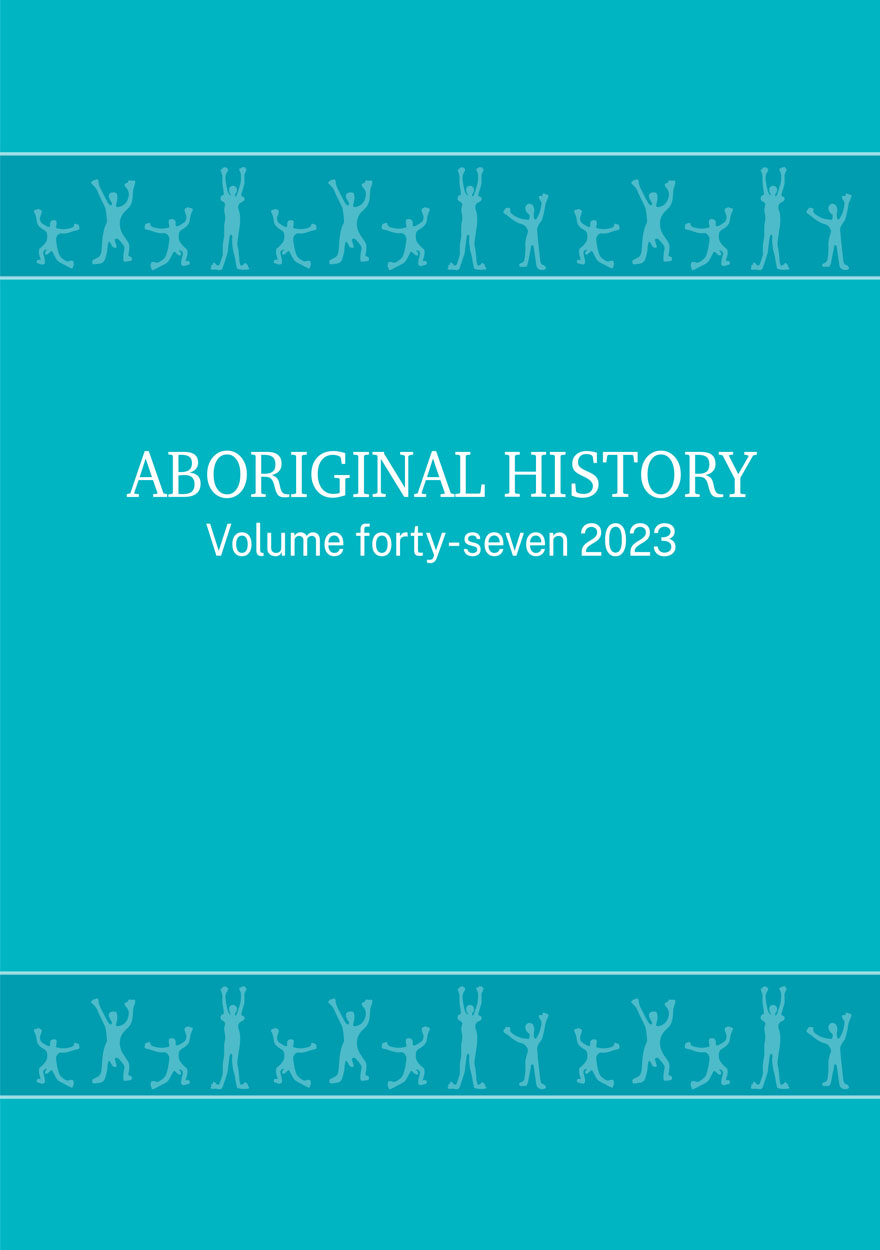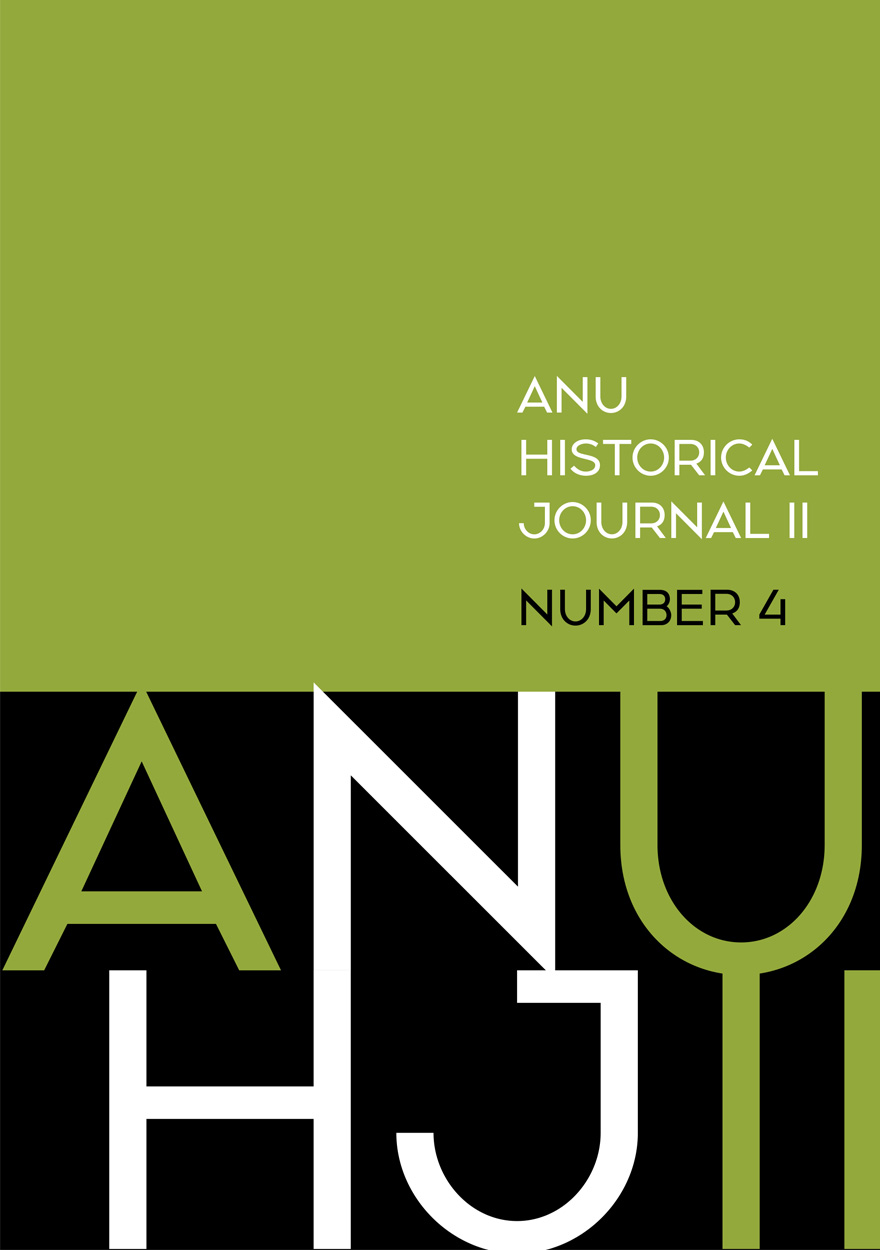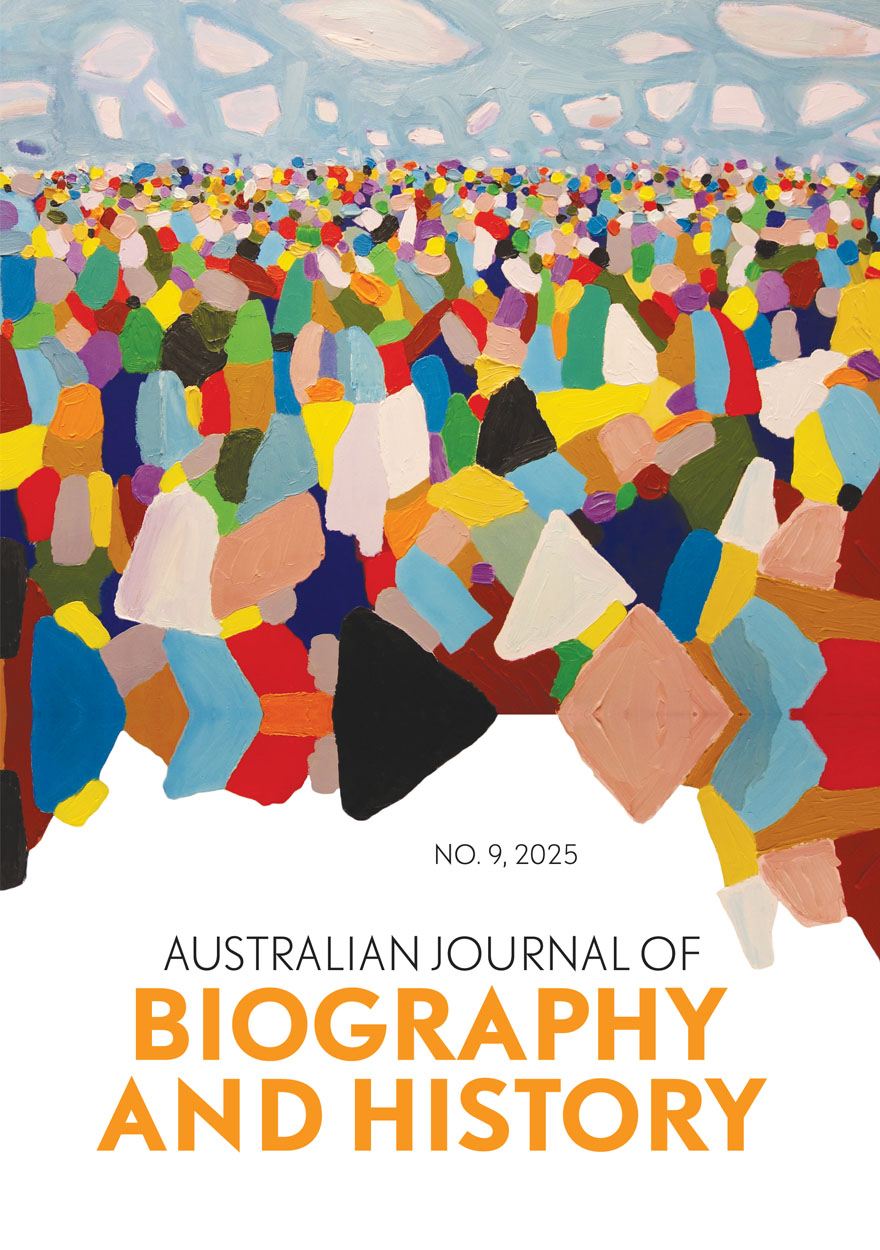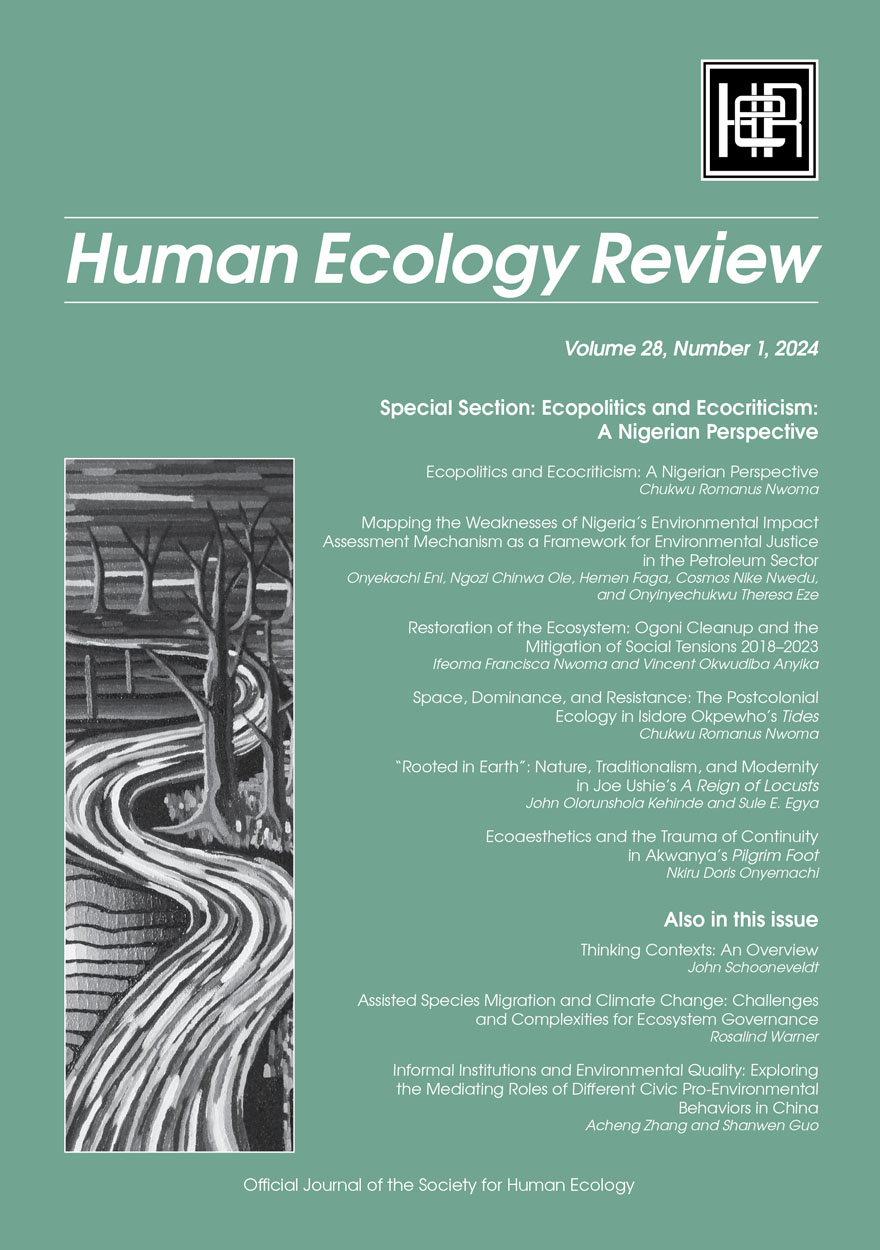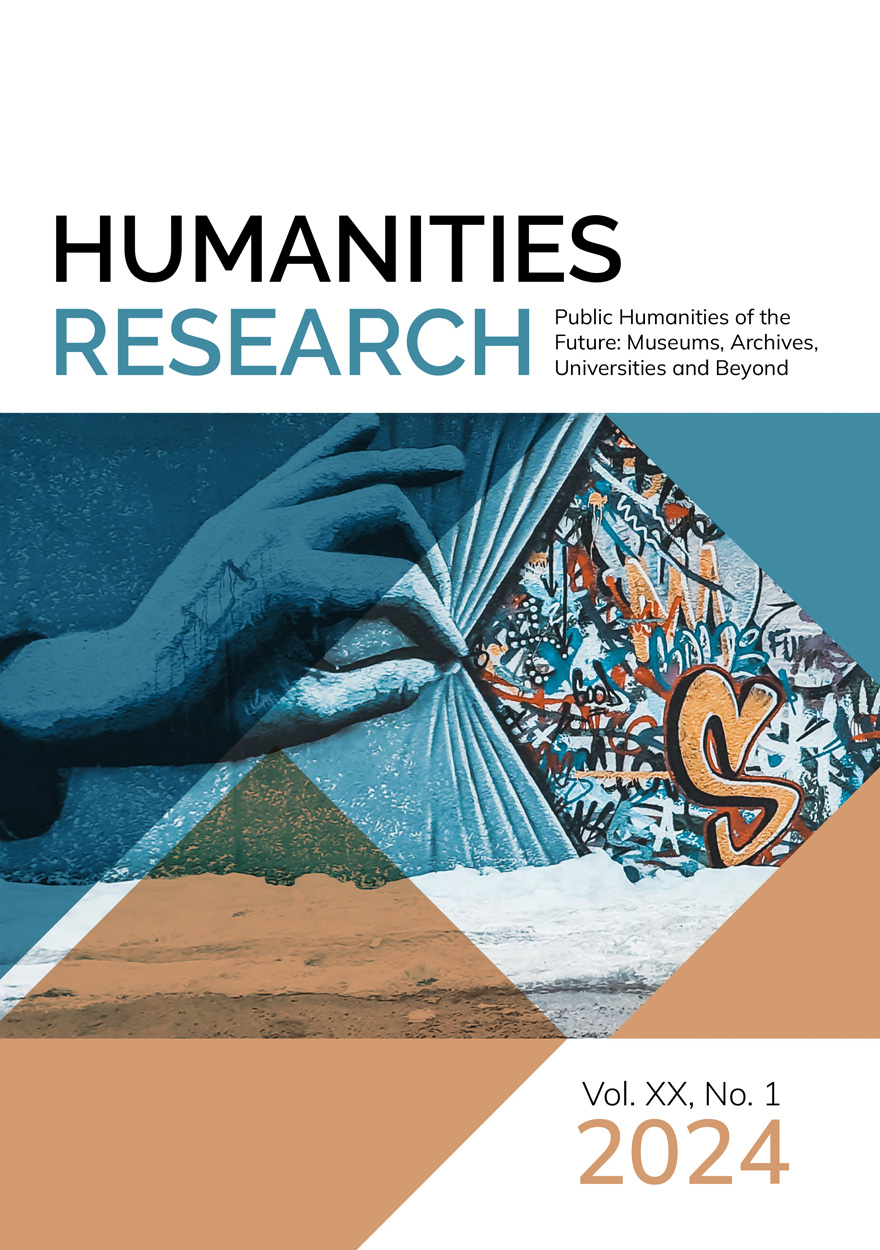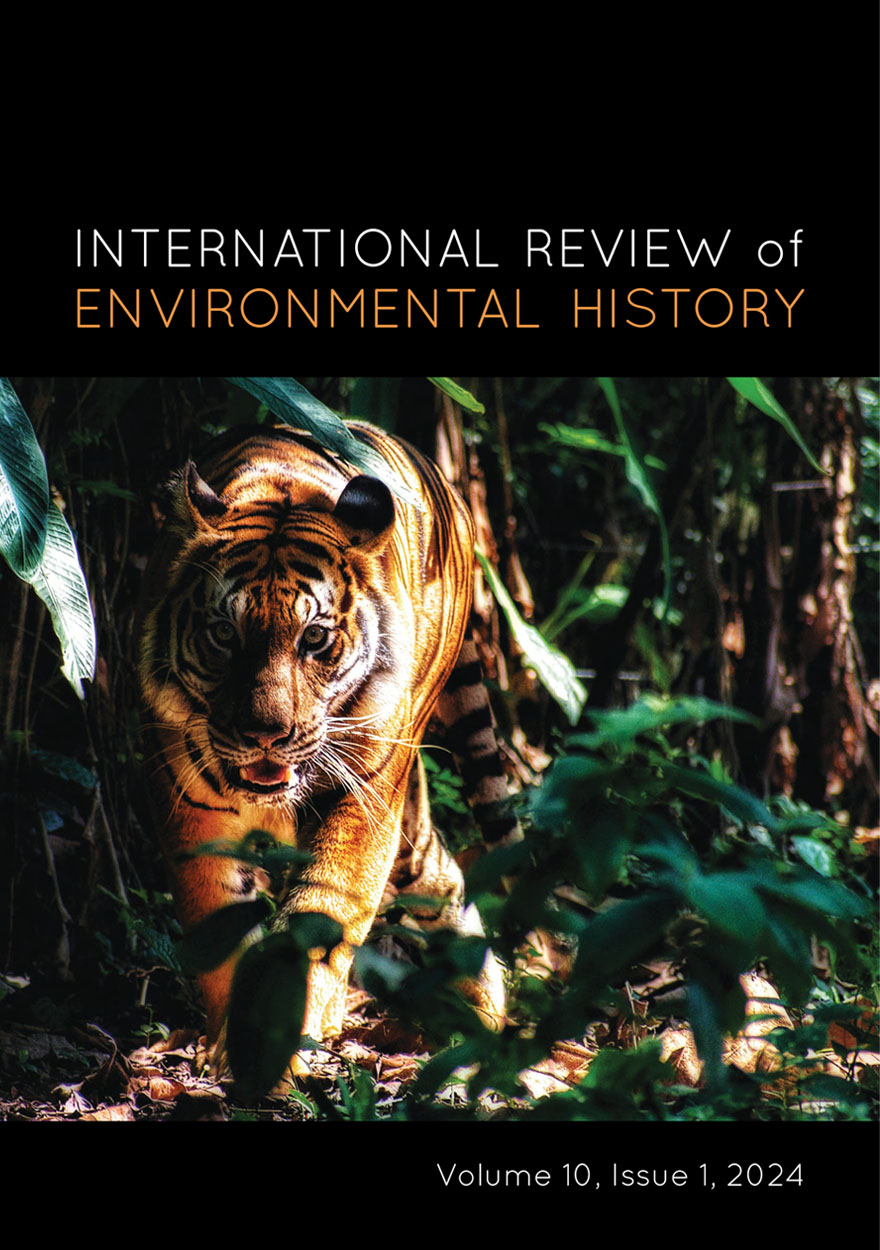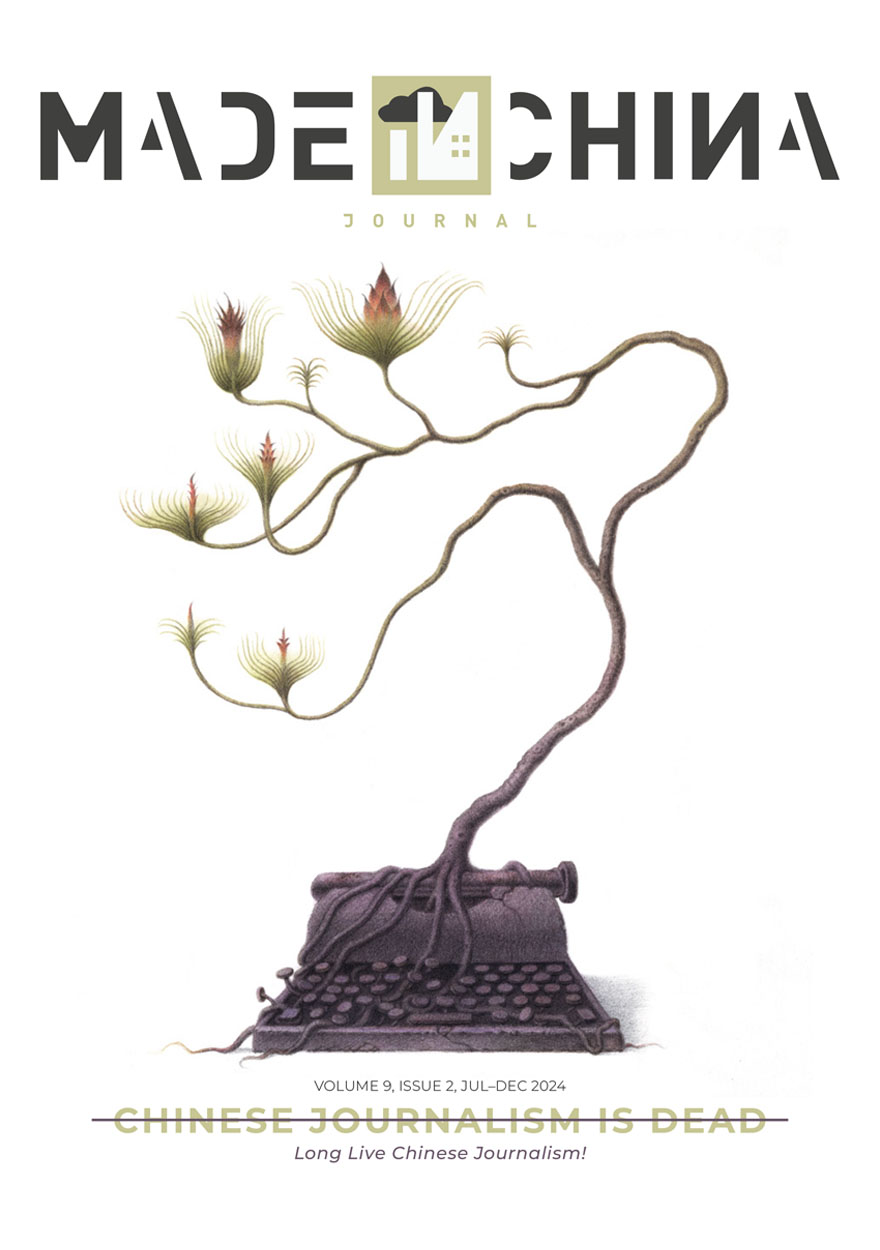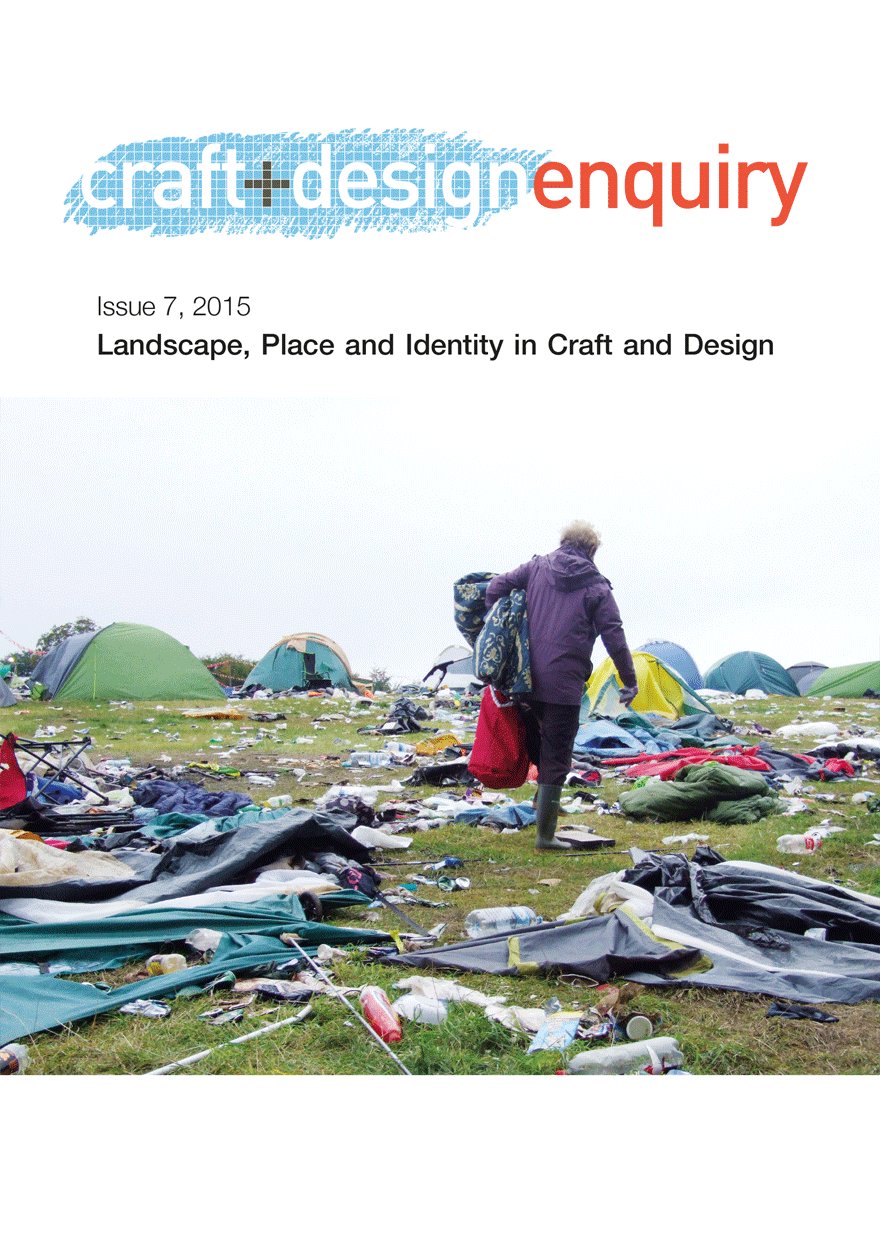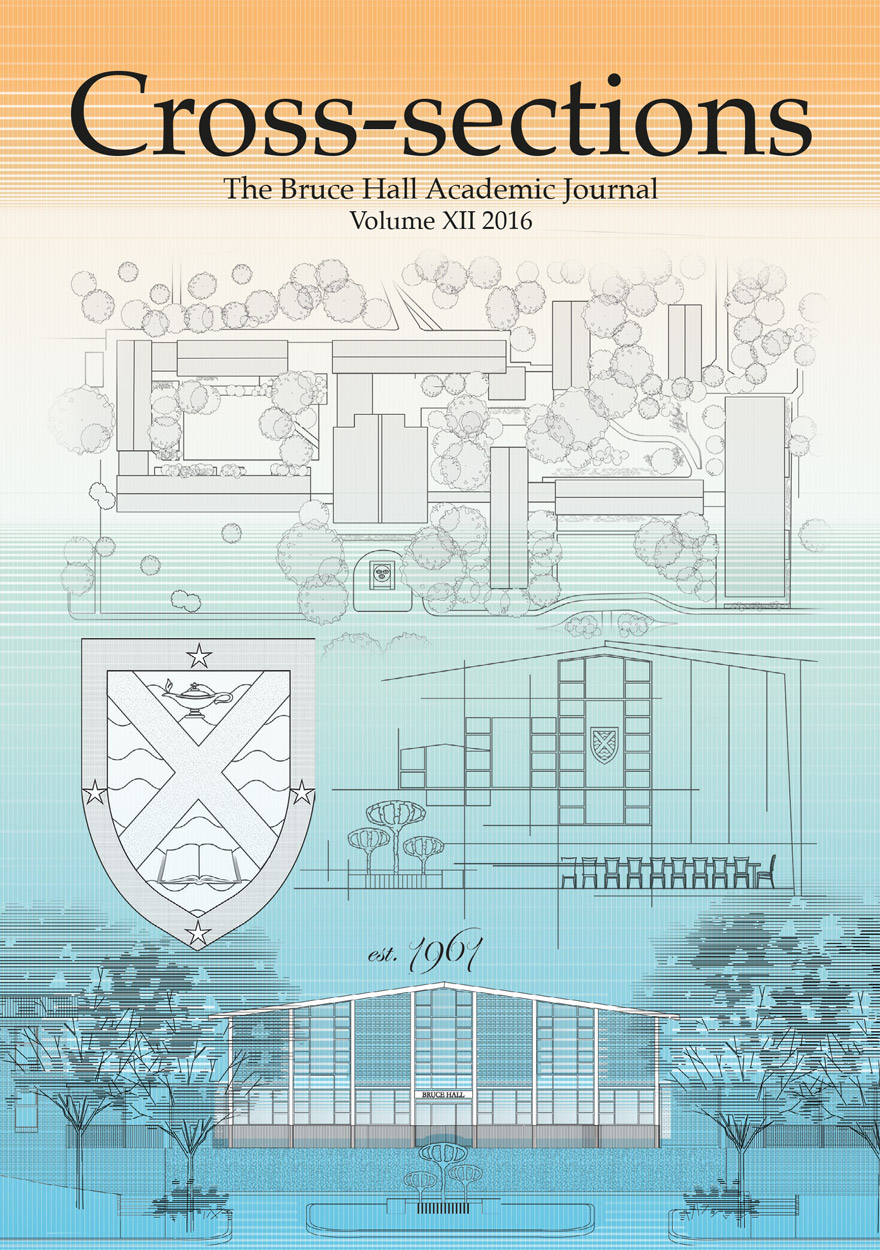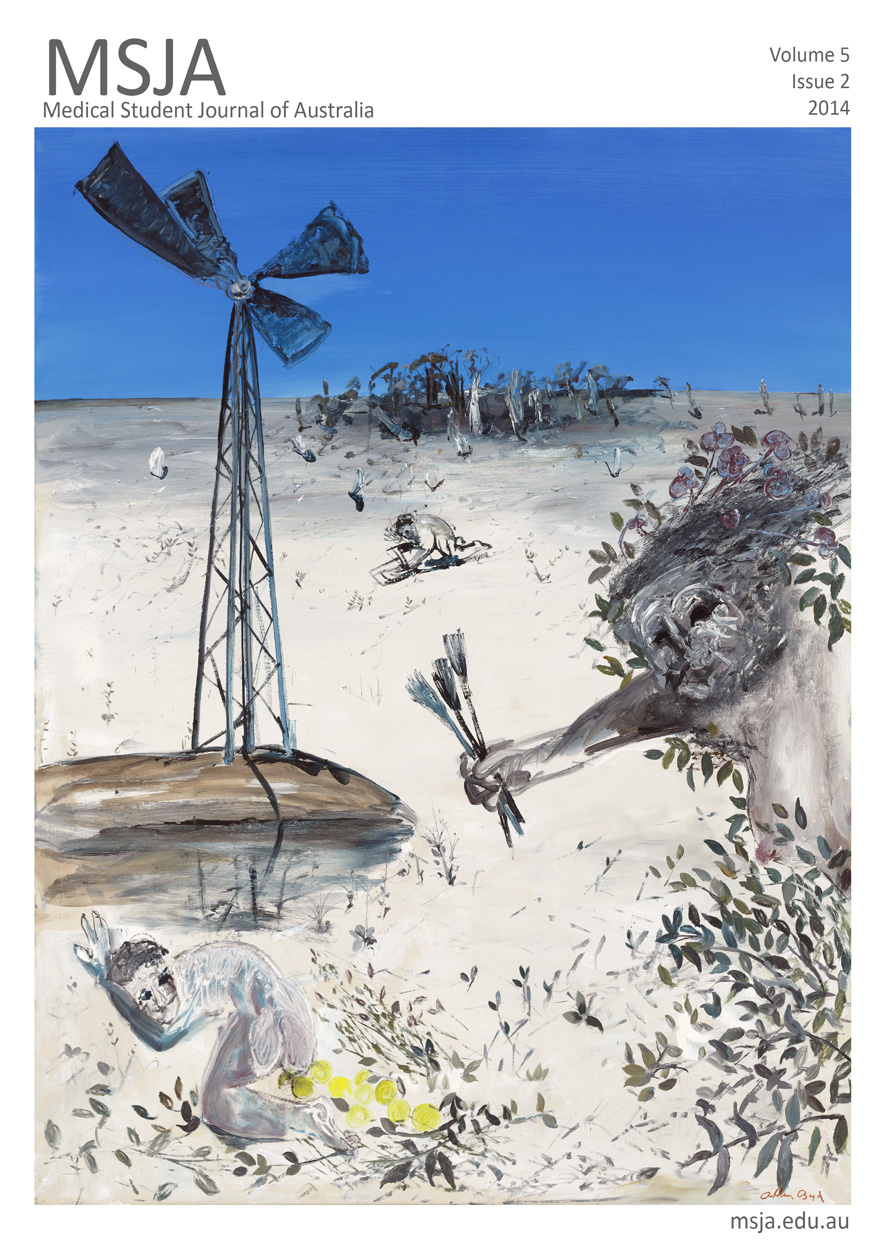Journals
Browse or search a variety of academic journals maintained by ANU Press, or find out more about the journal authors. Download the book for free or buy a print-on-demand copy.

Indigenous People and the Pilbara Mining Boom »
A baseline for regional participation
Authored by: John Taylor, B. Scambary
Publication date: January 2006
The largest escalation of mining activity in Australian history is currently underway in the Pilbara region of Western Australia. Pilbara-based transnational resource companies recognise that major social and economic impacts on Indigenous communities in the region are to be expected and that sound relations with these communities and the pursuit of sustainable regional economies involving greater Indigenous participation provide the necessary foundations for a social licence to operate.
This study examines the dynamics of demand for Indigenous labour in the region, and the capacity of local supply to respond. A special feature of this study is the inclusion of qualitative data reporting the views of local Indigenous people on the social and economic predicaments that face them.
The basic message conveyed is that little has been achieved over the past four decades in terms of enhancing Indigenous socioeconomic status in the Pilbara. On the basis of planned economic development and corporate interest in pursuing Indigenous engagement, progress is now possible but major efforts are required from all interested stakeholders (Indigenous organisations, miners and governments) in order to ensure that this occurs.

Rule of Law, Legitimate Governance & Development in the Pacific »
Authored by: Iutisone Salevao
Publication date: December 2005
The notion that the rule of law embodies or guarantees all the essential requirements for a perfectly just society is extravagant and naïve. Nonetheless, the rule of law remains an essential human virtue whose usefulness the world has yet to outgrow. Using the rule of law as a mobilising theme, this book recasts Western theories of law, good governance and development in a Pacific perspective. While Iutisone Salevao works primarily within a legal analytical framework, he employs a multifaceted approach to address the challenge of making Western theories relevant to the concrete and normative contexts of the Pacific peoples, and to accommodate Pacific values, ideologies, structures and practices within the modern discourse on law.

In the Service of the Company- Vol 1 »
Letters of Sir Edward Parry, Commissioner to the Australian Agricultural Company
Publication date: November 2005
Sir Edward Parry’s correspondence and record keeping as Commissioner to the Australian Agricultural Company were voluminous. His letterbooks, reproduced as In the Service of the Company Vol. I and Vol. II, form part of his lengthy despatches to the Directors in England.
The extensive archives of the Australian Agricultural Company, including the records of both the London and Australian head offices, have since 1955 been deposited with the Noel Butlin Archives Centre at The Australian National University.
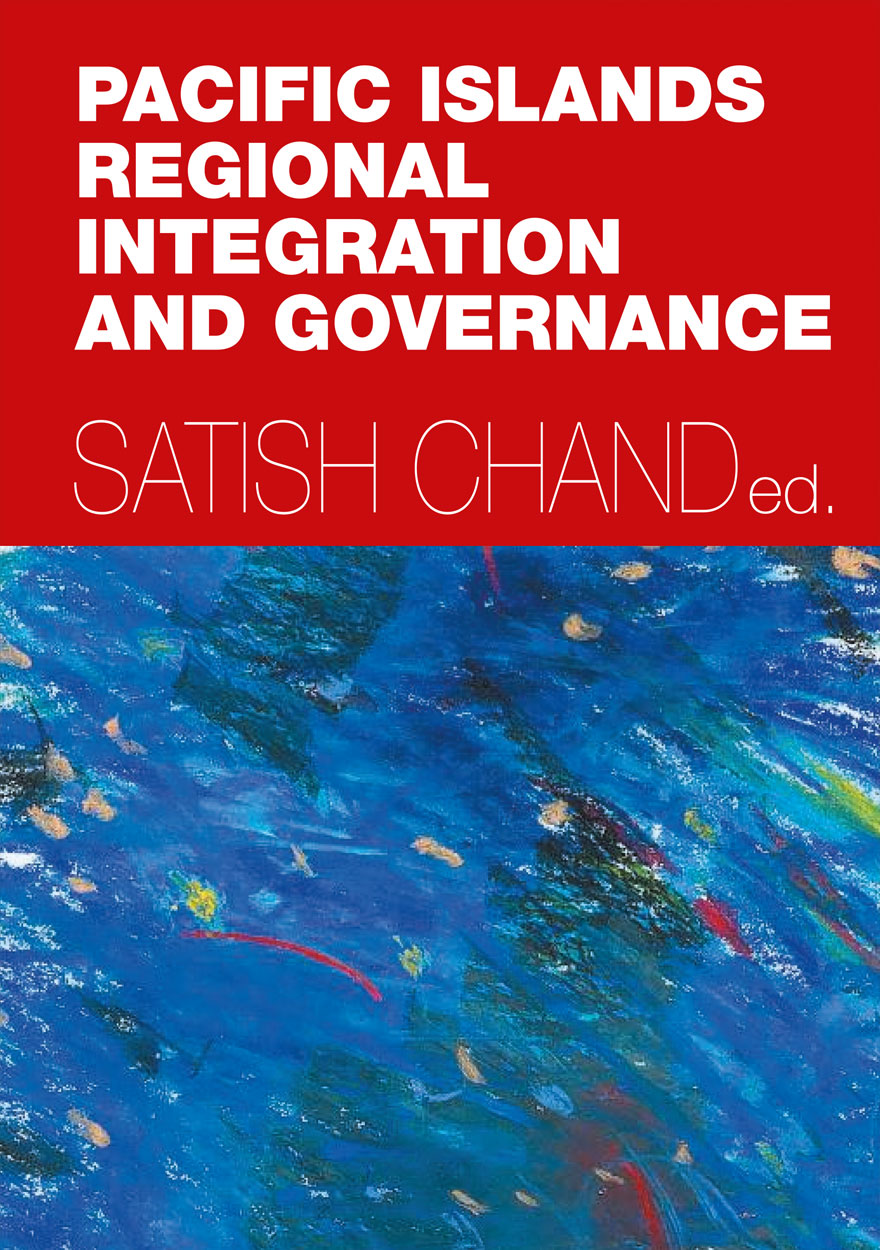
Pacific Islands Regional Integration and Governance »
Edited by: Satish Chand
Publication date: November 2005
This book brings together experts from around the world to consider specific issues pertaining to regional integration and governance within small states. The authors collectively address the challenges posed to small states by the quickened pace of globalisation. The lessons learnt from the experiences of small states are then used to draw policy lessons for the Pacific island countries.
Pacific Islands Regional Integration and Governance will be of interest and relevance to academics and advanced students of the Pacific, its history and current challenges, as well as the general reader who has an interest in the area.

The China Boom and its Discontents »
Edited by: Ross Garnaut, Ligang Song
Publication date: October 2005
China is shaping the global economy as never before. An insatiable demand for commodities, energy resources and capital, and deepening integration to the world economy has won China acclaim. Yet 25 years of rapid industrial development, far-reaching economic reforms and increasing international competition have also created an array of challenging domestic policy demands.
The China Boom and its Discontents discusses the financial and social challenges that have emerged in the wake of rapid economic growth. Recent research on demographic trends, labour movements, financial development, social security, urbanisation and trade agreements highlight the unfinished progress of reforms in China.

Pacific Regional Order »
Authored by: Dave Peebles
Publication date: October 2005
The way ahead …
New policies are needed if the Pacific is to realise its potential as a peaceful, prosperous region, where the Pacific’s citizens enjoy good standards of health and education, long lives and many opportunities; where Pacific economic growth is constantly improving, driven by environmentally sustainable service industries; where coups, civil conflict and the dangers of failed states have been relegated to the past; where the Pacific is integrated into the wider region, and is an influential voice in world affairs.
This timely book argues that Pacific countries including Australia, need to embrace regional integration to realise this vision. The book sets out a comprehensive plan for realising a Pacific regional community dedicated to promoting sustainable development, security, human rights, the rule of law and democracy.

Asian Socialism and Legal Change »
The dynamics of Vietnamese and Chinese Reform
Edited by: John Gillespie, Pip Nicholson
Publication date: August 2005
Although the immense process of economic and social transformation currently underway in China and Vietnam is well known, less attention has been devoted to the process of Chinese and Vietnamese legal change.
Asian Socialism and Legal Change brings together experts to analyse recent developments in the legal sphere, representing the diversity and dynamism of this process. This book is the first systematic analysis of legal change in Asian transitional economies.

Ethics and Auditing »
Edited by: Tom Campbell, Keith Houghton
Publication date: June 2005
Ethics and Auditing examines ethical challenges exposed by recent accounting and auditing ‘lapses’ through a study of interconnected moral, legal and accounting issues. The book aims to engage a broad readership in the discussion of audit failure and reform.
With its range of intellectual and practical perspectives, Ethics and Auditing provides critical analyses of auditor independence, conflicts of interest, self-regulation, the setting and enforcing of auditing standards, and ethics education.
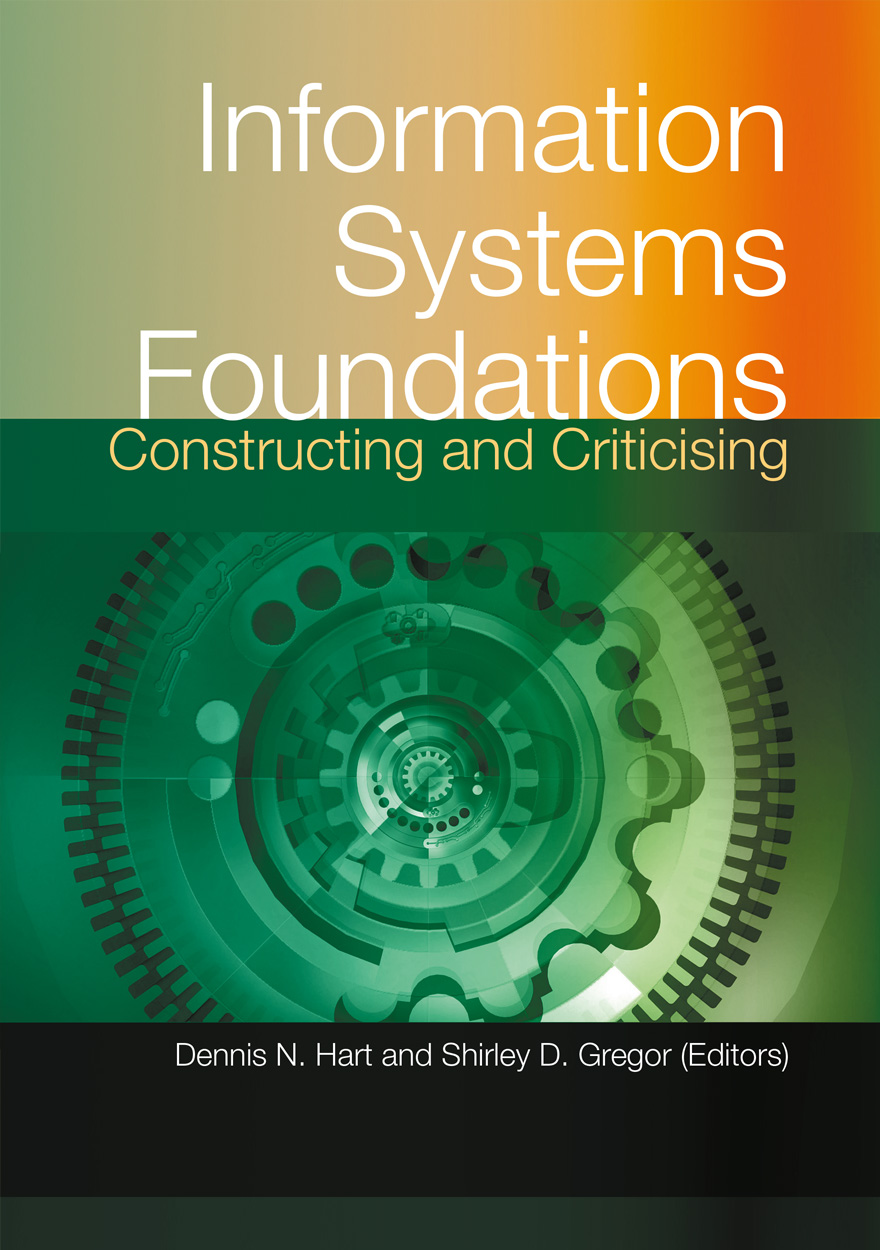
Information Systems Foundations: Constructing and Criticising »
Edited by: Dennis Hart, Shirley Gregor
Publication date: June 2005
This volume contains the papers presented at the second biennial Information Systems Foundations (‘Constructing and Criticising’) Workshop, held at The Australian National University in Canberra from 16-17 July 2004. The focus of the workshop was, as for the first in the series, the foundations of Information Systems as an academic discipline. The particular emphasis was on the adequacy and completeness of theoretical underpinnings and the research methods employed. At the same time the practical nature of the applications and phenomena with which the discipline deals were kept firmly in view. The papers in this volume range from the unashamedly theoretical (‘The Struggle Towards an Understanding of Theory in Information Systems’) to the much more practically oriented (‘A Procedural Model for Ontological Analyses’).
The contents of this volume will be of interest and relevance to academics and advanced students as well as thoughtful and reflective practitioners in the Information Systems field.
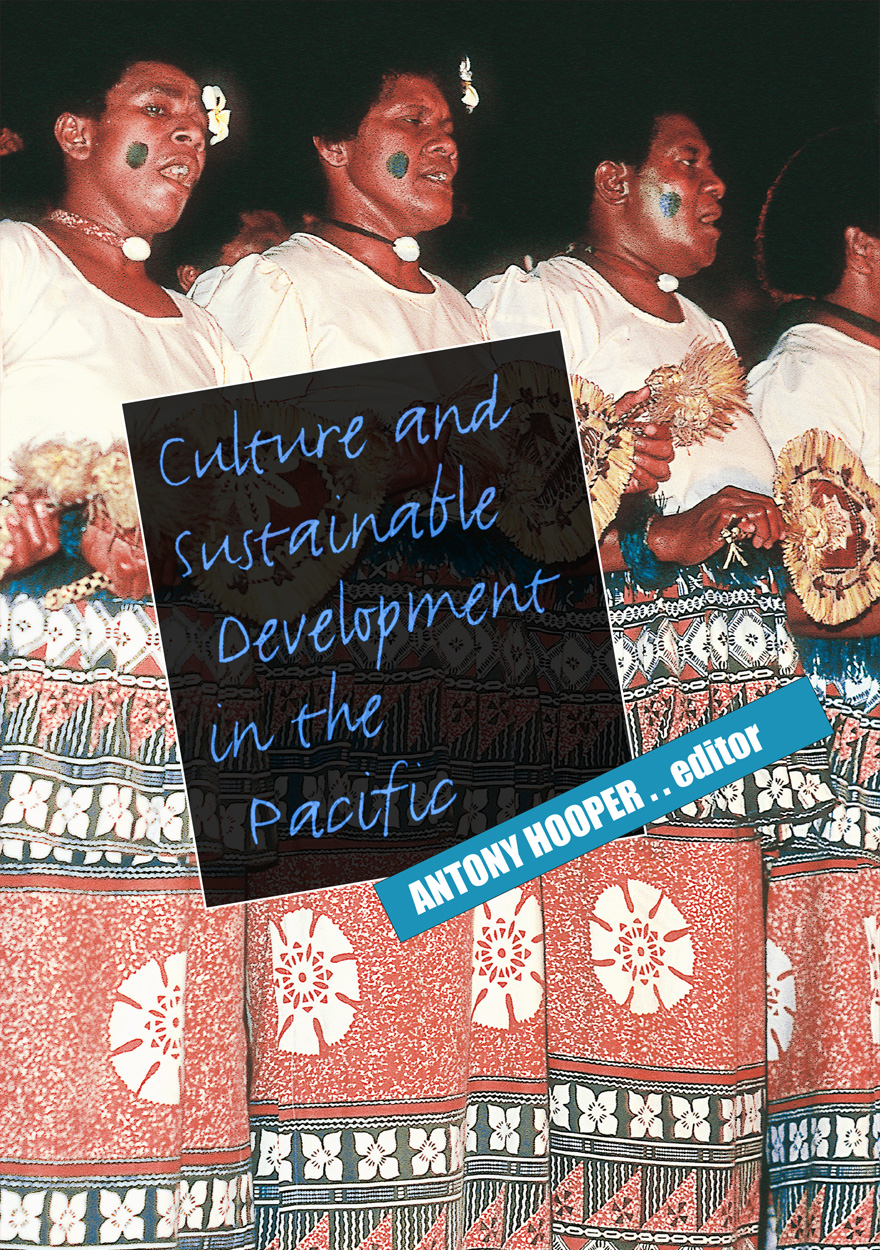
Culture and Sustainable Development in the Pacific »
Edited by: Antony Hooper
Publication date: April 2005
Throughout the South Pacific, notions of ‘culture’ and ‘development’ are very much alive—in political debate, the media, sermons, and endless discussions amongst villagers and the urban élites, even in policy reports.
Often the terms are counterposed, and development along with ‘economic rationality’, ‘good governance’ and ‘progress’ is set against culture or ‘custom’, ‘tradition’ and ‘identity’. The decay of custom and impoverishment of culture are often seen as wrought by development, while failures of development are haunted by the notion that they are due, somehow, to the darker, irrational influences of culture.
The problem is to resolve the contradictions between them so as to achieve the greater good—access to material goods, welfare and amenities, ‘modern life’—without the sacrifice of the ‘traditional’ values and institutions that provide material security and sustain diverse social identities.
Resolution is sought in this book by a number of leading writers from the South Pacific including Langi Kavaliku, Epeli Hau’ofa, Marshall Sahlins, Malama Meleisea, Joeli Veitayaki, and Tarcisius Tara Kabutaulaka. The volume is brought together for UNESCO by Antony Hooper, Professor Emeritus at the University of Auckland. UNESCO experts include Richard Engelhardt, Langi Kavaliku, Russell Marshall, Malama Meleisea, Edna Tait and Mali Voi.

Aboriginal History Journal: Volume 29 »
Publication date: 2005
Since 1977, the journal Aboriginal History has pioneered interdisciplinary historical studies of Australian Aboriginal people’s and Torres Strait Islander’s interactions with non-Indigenous peoples. It has promoted publication of Indigenous oral traditions, biographies, languages, archival and bibliographic guides, previously unpublished manuscript accounts, critiques of current events, and research and reviews in the fields of anthropology, archaeology, sociology, linguistics, demography, law, geography and cultural, political and economic history.
Aboriginal History Inc. is a publishing organisation based in the Australian Centre for Indigenous History, Research School of Social Sciences, The Australian National University, Canberra.
For more information on Aboriginal History Inc. please visit aboriginalhistory.org.au.
Download for free
Not available for purchase
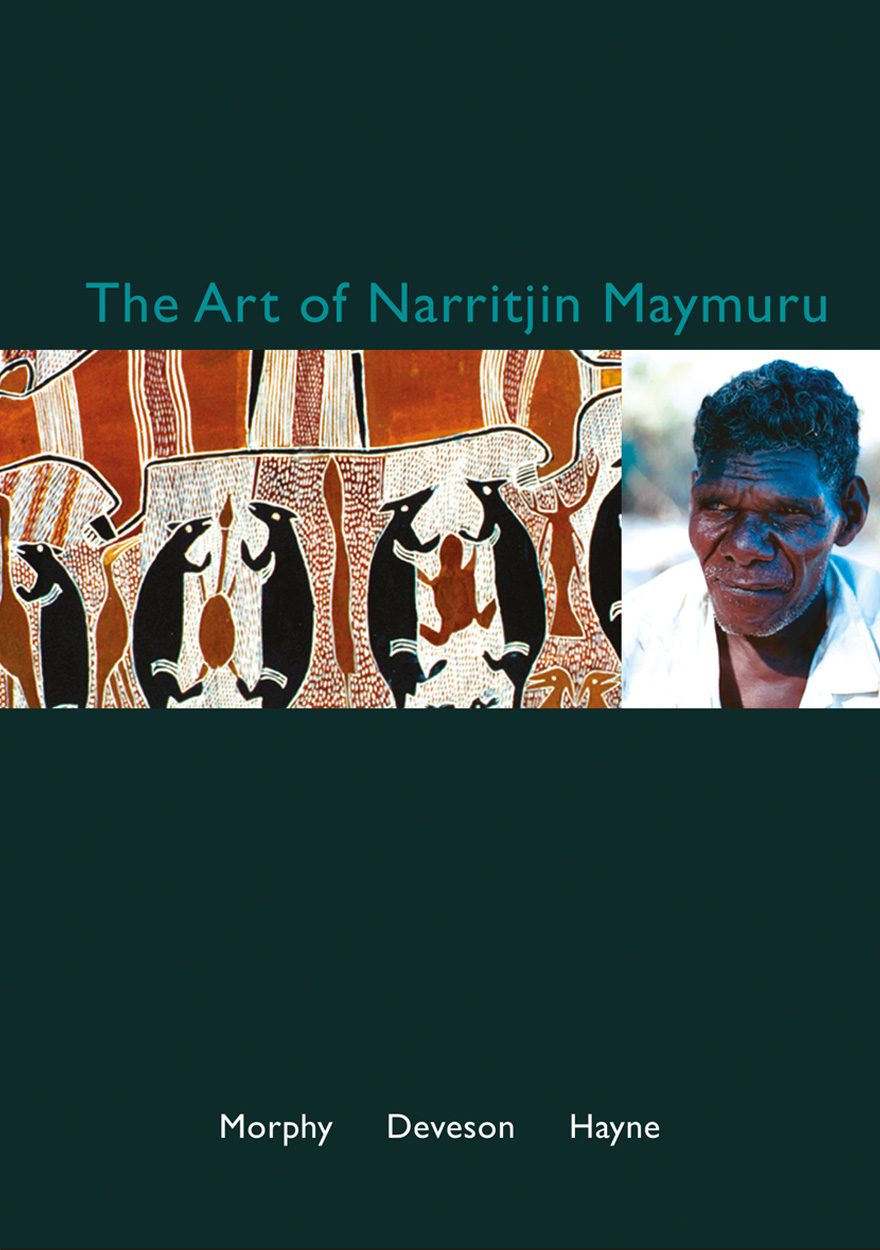
The Art of Narritjin Maymuru »
Publication date: January 2005
Narritjin Maymuru led a life that was as extraordinary and adventurous as that of any Australian artist of the twentieth century. Howard Morphy, with the help of Pip Deveson, has scoured the collections of museums, art galleries and private collections around the world to bring together an archive of Narritjin’s paintings and carvings spanning nearly forty years of his work.
The Art of Narritjin Maymuru enables you to explore his art. You can begin either by following the timeline that summarises the main biographical features of Narritjin’s life or by moving straight into the sets of paintings.
The Art of Narritjin Maymuru is currently unavailable for purchase due to technical issues. We hope to offer an online version of this work in the near future.
CD currently unavailable. We apologise for any inconvenience.
Reviews of the publication
Francoise Dussart, American Anthropologist, June 2007, Vol. 109, No. 2, pp. 363-364
John E. Stanton, Australian and New Zealand Journal of Art, Volume 7, Number 2, 2006
Charlotte Townsend-Gault, Visual Anthropology Review, Fall 2006, Vol. 22, No. 2, pp. 80-82
Not available for purchase
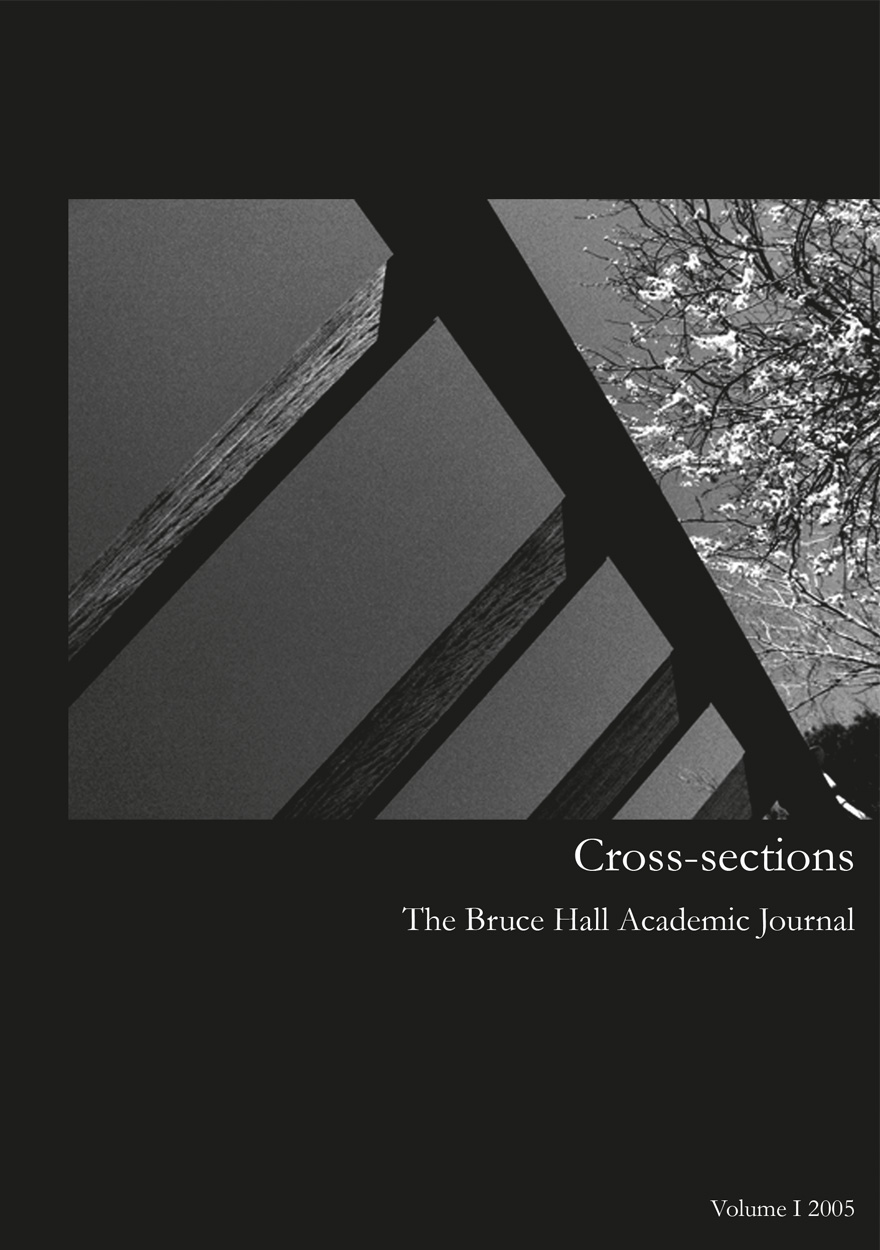
Cross-sections, The Bruce Hall Academic Journal: Volume I, 2005 »
Publication date: 2005
Representing the combined energies of a large group of authors, editors, artists and researchers associated with Bruce Hall at the ANU, Cross-sections collects a range of works (from academic articles and essays to photography, digital art and installation artwork) that represents the disciplinary breadth and artistic vitality of the ANU.
Presenting a challenging and absorbing way for students to hone vital research skills, in the process, Cross-sections nurtures a fruitful environment of collaborative interaction between academics and students.
Download for free
Not available for purchase
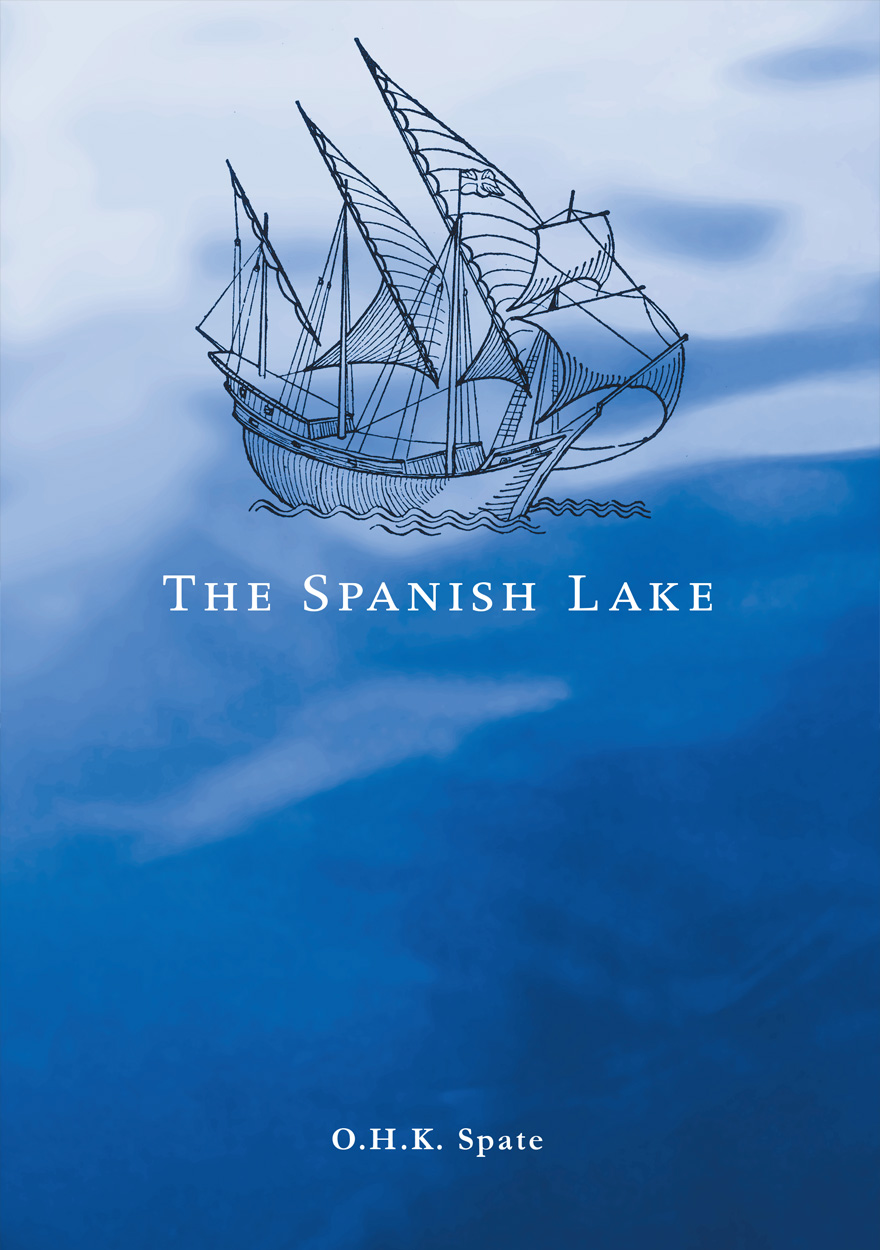
The Spanish Lake »
Authored by: O.H.K. Spate
Publication date: November 2004
‘Strictly speaking, there was no such thing as “the Pacific” until in 1520-1 Fernao de Magalhãis, better known as Magellan, traversed the huge expanse of waters, which then received its name.’
With these opening words, Oskar Spate launches his account of the process by which the greatest blank on the map became a focus of global relations. The Spanish Lake describes the essentially European and American achievement of turning this emptiness into a nexus of economic and military power.
This work is a history of the Pacific, the ocean that became a theatre of power and conflict shaped by the politics of Europe and the economic background of Spanish America. There could only be a concept of ‘the Pacific’ once the limits and lineaments of the ocean were set and this was undeniably the work of Europeans. Fifty years after the Conquista, Nueva España and Peru were the bases from which the ocean was turned into virtually a Spanish lake.
Oskar Spate was born and educated in England where he completed a doctorate at the University of Cambridge in 1937 on the development of London. After the Second World War he combined lecturing in England with writing a regional geography of the Indian sub-continent.
In 1951 he took up the post of Foundation Professor of Geography in the Research School of Pacific Studies at The Australian National University, a position he held until 1967. From 1967 to 1972 he was Director of the Research School of Pacific Studies, ANU, and in 1972 moved to its Department of Pacific History.
Throughout his career, Oskar Spate published a wide diversity of papers and essays on such subjects as the geography of Europe, South Asia and Australia and the exploration of Australia and the Pacific. Upon his retirement in 1976, he devoted most of his energies to researching and writing his three-volume history The Pacific since Magellan.

Social Indicators for Aboriginal Governance »
Insights from the Thamarrurr Region, Northern Territory
Authored by: John Taylor
Publication date: October 2004
John Taylor is a Senior Fellow at the Centre for Aboriginal Economic Policy Research, The Australian National University, Canberra.
The Council of Australian Governments is trialing Indigenous Community Coordination Pilot schemes around the country aimed at fostering whole-of-government approaches to service delivery and development. A notable example is in the Thamarrurr region of the Northern Territory focused on the Aboriginal town of Wadeye and its hinterland. Under new governance arrangements the Thamarrurr Regional Council has identified a need to profile existing social and economic conditions as a basis for its current planning and future evaluation.
This study provides an innovative template for such profiling. With substantial input from local people it uncovers a region of high population growth with major challenges in areas of employment, income, education and training, housing and infrastructure, health status and criminal justice. It yields a baseline of available data to assist discussions of regional needs, aspirations and development capacities. By using population projections, it shifts government and community thinking away from reactive responses to historic need, to a more pro-active future-oriented approach to development.
The Thamarrurr people view this document as an important planning tool for their people. Their aim is to have the same access to services and opportunities as other Australians. “Give every kid a chance” is their catch cry. This study lays out what is required from governments and the community to achieve that vision.
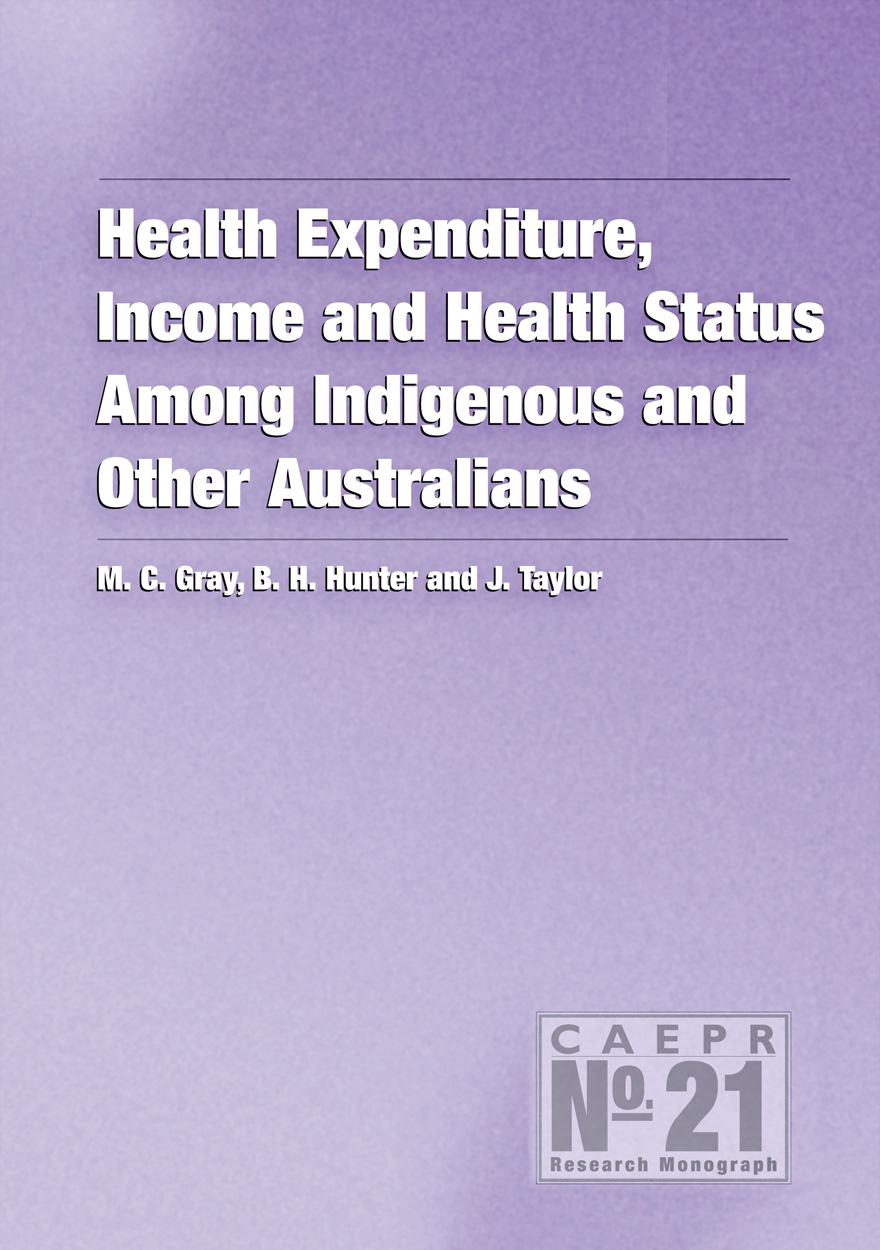
Health Expenditure, Income and Health Status Among Indigenous and Other Australians »
Publication date: August 2004
Using data from the 1995 National Health Survey (NHS) this study asks the question—what is the relationship between income, health expenditure and health status for the Indigenous and non-Indigenous populations in Australia? Income is generally seen as an indicator of ability to address the need for health expenditure, and as a factor in influencing health status. The expectation, therefore, is that income and health status are positively related.
The analysis measures differences in health expenditure and reported health status between the Indigenous and non-Indigenous populations, holding income level constant. No association is found between income and Indigenous health status. A number of explanations are canvassed. The finding may simply reflect poor data quality, both in terms of income and self-assessed health status. An alternative hypothesis, with long-term implications, is that adult mortality reflects foetal and childhood health, regardless of current income status.

Humanities Research Centre »
A history of the first 30 years of the HRC at The Australian National University
Authored by: Glen St John Barclay, Caroline Turner
Publication date: May 2004
‘This book may claim to be no more than a history of the HRC at ANU. It is, of course, much more than that. It is certainly an examination of the role and predicament of the humanities within universities and the wider community, and it contributes substantially to the ongoing debate on an Australian identity.’
Malcolm I. Thomis

State and Society in Papua New Guinea »
The First Twenty-Five Years
Authored by: R.J. May
Publication date: May 2004
On the eve of Papua New Guinea’s independence in 1975 there were many – both within the country and outside – who predicted political anarchy, with the possibility of an army coup or authoritarian single-party dominance, and economic collapse. Such fears appeared to have been justified when in 1975 both the North Solomons (Bougainville) and Papua unilaterally declared their independence. In fact, however, PNG achieved a smooth transition, and in its first decade as a new state enjoyed a high degree of political and economic progress. It remains one of the few post-colonial states that has maintained an unbroken record of democratic government.
Nevertheless, from around the mid-1980s a number of problems have become apparent, including: a decline in government capability; increasing problems of urban and rural lawlessness; poor economic management, with growing evidence of nepotism and corruption; environmental degradation associated with mining and logging, and increasing pressure on land; and, from 1988, a rebellion on Bougainville.
This volume brings together a number of papers written by the author between 1971 and 2001 which address issues of political and economic development and social change in Papua New Guinea.
Dr R.J. May is a senior fellow in the Department of Political and Social Change, Research School of Pacific and Asian Studies at The Australian National University. He was formerly a senior economist with the Reserve Bank of Australia and later foundation director of IASER in PNG (now the National Research Institute). In 1976 he was awarded the Independence Medal for his services to banking and research in PNG.
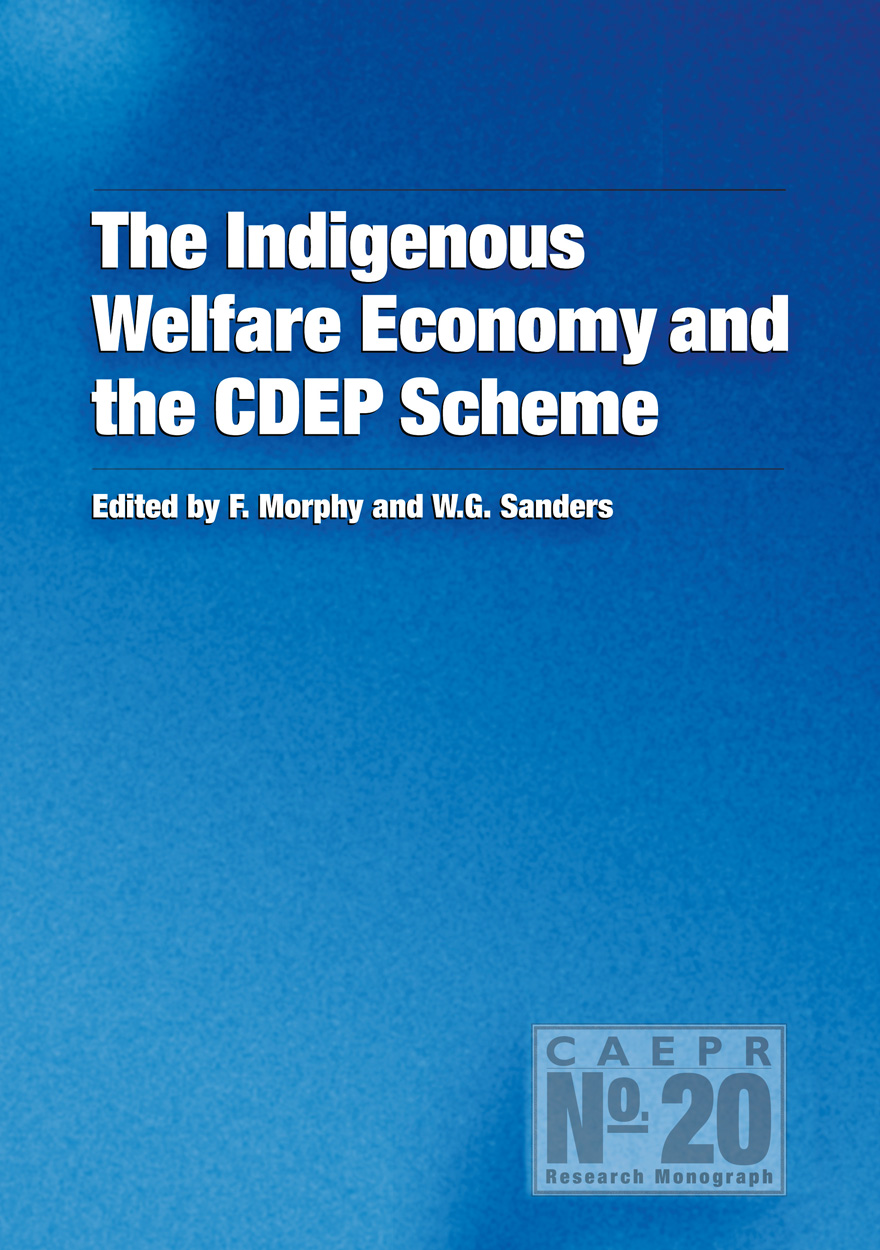
The Indigenous Welfare Economy and the CDEP Scheme »
Edited by: Frances Morphy, Will Sanders
Publication date: May 2004
In recent debates about the Indigenous welfare economy, the Community Development Employment Projects (CDEP) scheme has not been given the attention it deserves. It represents a major adaptation of the Australian welfare system to the particular social and economic circumstances of Indigenous people.
Part I of this volume contains overview papers which place the CDEP program in its wider cultural, sociopolitical, and economic contexts. The contributions in Part II address policy and policy-related issues which impact directly, or indirectly, on the structure and function of the CDEP scheme as a whole and of individual CDEP projects. Part III presents research based case-studies of particular CDEP projects in their regional contexts, drawn from the Northern Territory, South Australia, and Victoria. Part IV consists of short case studies, from the perspective of the participants themselves, of a number of CDEP organisations. These case studies provide an important perspective, taking up and providing a grass-roots view of many of the broader policy themes and concerns that are discussed elsewhere in the monograph.
The crucial issue, addressed by many of the contributions, is how Indigenous self determination and the rights agenda, which argues for the unique and inherent rights of Indigenous Australians, will sit with (or in opposition to) the ‘mutual obligation’ of the Howard government’s welfare reform. The volume thus represents a contribution to an ongoing and important debate in current Australian social policy.

The Military and Democracy in Asia and the Pacific »
Edited by: R.J. May, Viberto Selochan
Publication date: March 2004
In The Military and Democracy in Asia and the Pacific, a number of prominent regional specialists take a fresh look at the military’s changing role in selected countries of Asia and the Pacific, particularly with regard to the countries’ performance against criteria of democratic government.
Indonesia, Thailand, the Philippines, Burma, Pakistan, Bangladesh, South Korea, Fiji and Papua New Guinea all fall under the spotlight as the authors examine the role which the military has played in bringing about changes of political regime, and in resisting pressures for change.
Under the auspices of The Australian National University’s Department of Political and Social Change, Research School of Pacific and Asian Studies, and within the context of the Regime Change and Regime Maintenance in Asia and the Pacific project, the following contributors compiled The Military and Democracy in Asia and the Pacific: Emajuddin Ahamed, Suchit Bunbongkarn, Stephanie Lawson, R. J. May, Hasan-Askari Rizvi, Viberto Selochan, Josef Silverstein, Michael Vatikiotis and Yung Myung Kim. The Military and Democracy in Asia and the Pacific provides a sequel to Viberto Selochan’s earlier collection, The Military, the State, and Development in Asia and the Pacific (1991).

Black Words White Page »
Aboriginal Literature 1929–1988
Authored by: Adam Shoemaker
Publication date: March 2004
Fifteen years after its first publication, Black Words White Page remains as fresh as ever. This award-winning study – the first comprehensive treatment of the nature and significance of Indigenous Australian literature – was based upon the author’s doctoral research at The Australian National University and was first published by UQP in 1989. Adam Shoemaker combines historical and literary analysis as he explores the diversity and difference of writings that have gained increasing strength and visibility since that time. Shoemaker’s special focus is those dynamic years between 1963 and 1988, when advances in Indigenous affairs were paralleled by a rapid growth of all types of Black Australian literature. He examines the achievements of leading figures in the Aboriginal movement such as Jack Davis, Kevin Gilbert, Charles Perkins and Oodgeroo. He also provides intriguing insights into the socio-political contexts of the time while tracing the history of black-white relations in Australia. Black Words White Page also offers some provocative re-evaluations of white Australian writers Xavier Herbert, Ion Idriess, Katharine Susannah Prichard, Patrick White and Judith Wright.
Winner of the 1990 Walter McRae Russell Award of the Association for the Study of Australian Literature
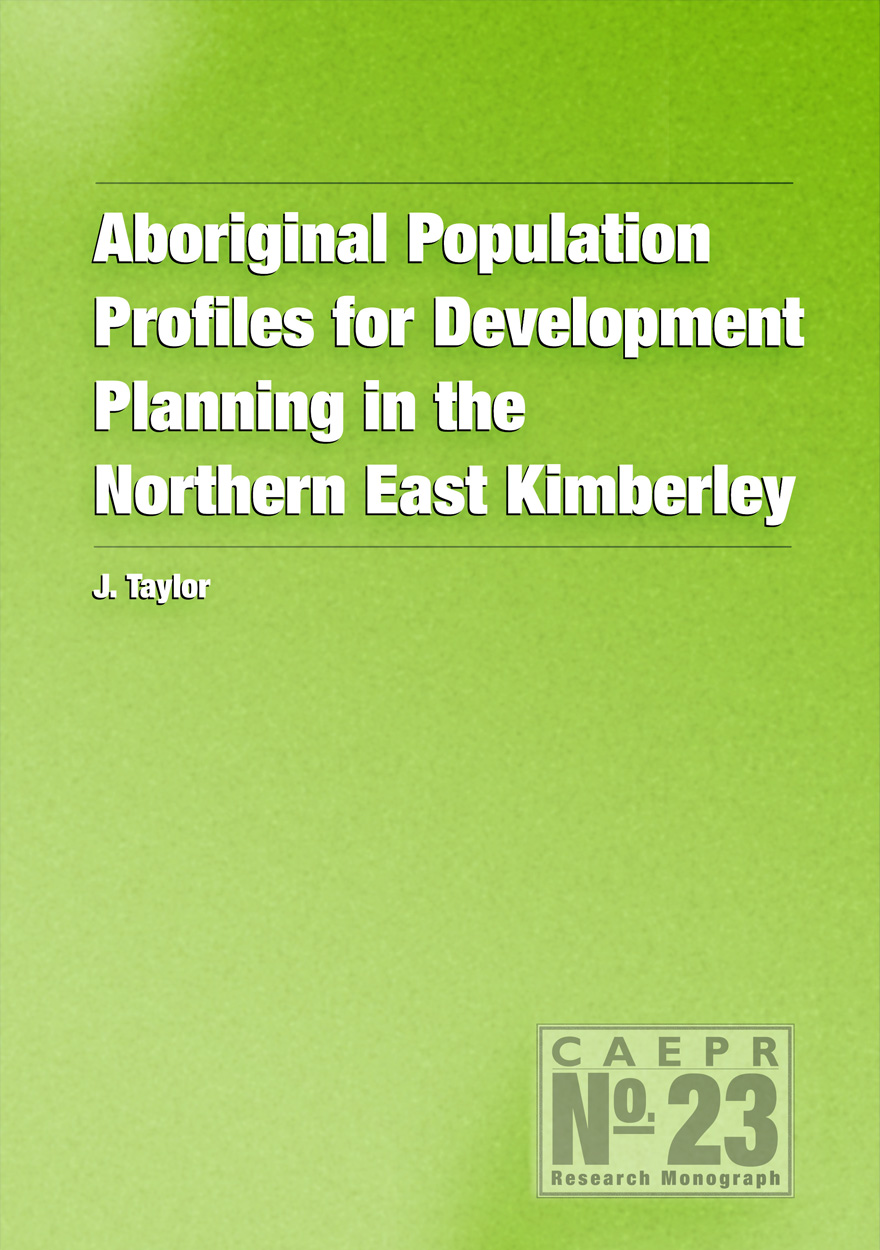
Aboriginal Population Profiles for Development Planning in the Northern East Kimberley »
Authored by: John Taylor
Publication date: March 2004
John Taylor is a Senior Fellow at the Centre for Aboriginal Economic Policy Research, The Australian National University, Canberra.
The Northern East Kimberley region of Western Australia is poised at a development crossroads with decisions pending on the extension or closure of Argyle Diamond Mine, and the ever-present prospect of agricultural expansion based on Ord Stage II. This region also has a major economic development problem—half of its adult population (almost all Aboriginal) is highly dependent on welfare, mostly outside the mainstream labour market, and ill-equipped to engage it.
Aboriginal people are major stakeholders in the region as its customary owners and most permanent residents. Whatever decisions are made about future development, it is essential that they bring about improvements in Aboriginal participation, not least because of the high opportunity cost to Aboriginal people and to government of failing to do so.
This study profiles social and economic conditions in the region, focusing on the Aboriginal population. It examines demography, the labour market, income, education and training, housing and infrastructure, health status, and regional involvement in the criminal justice system. It provides a quantum to discussions of need, aspirations and regional development capacities, as well as a benchmark against which the impact of developmental actions may be assessed.

Making Sense of the Census »
Observations of the 2001 Enumeration in Remote Aboriginal Australia
Publication date: March 2004
Special enumeration procedures for Indigenous Australians were introduced in the 1971 Census, and have been a feature of the Australian national census ever since. In 2001, as in previous years, the Indigenous Enumeration Strategy (IES) involved the use of locally recruited, mostly Indigenous, interviewers and the administration of modified forms.
This monograph presents the results of the first detailed comparative appraisal of the IES. Three CAEPR researchers observed the 2001 Census enumeration, each in a different remote-area context: Martin at Aurukun, a major Aboriginal township on Cape York Peninsula, Morphy at a small outstation community in the Northern Territory, and Sanders in the town camps of Alice Springs. The Australian Bureau of Statistics facilitated the research by granting the researchers status as official observers.
The introductory chapter by John Taylor gives a brief history of the IES and sets the context for the research. The three case-studies form the central chapters, and are followed by a concluding chapter that summarises the findings and recommendations.
While each locality had its unique characteristics, the authors found some common problems across the board which lead to general recommendations about the future design of the IES. They advocate a simplification of the enumeration procedure, the abandonment of the ‘two-form’ structure, the focusing of the IES more narrowly on people in ‘traditionally-oriented’ discrete Indigenous communities, and substantial changes in the design and content of any new ‘special Indigenous’ census form.
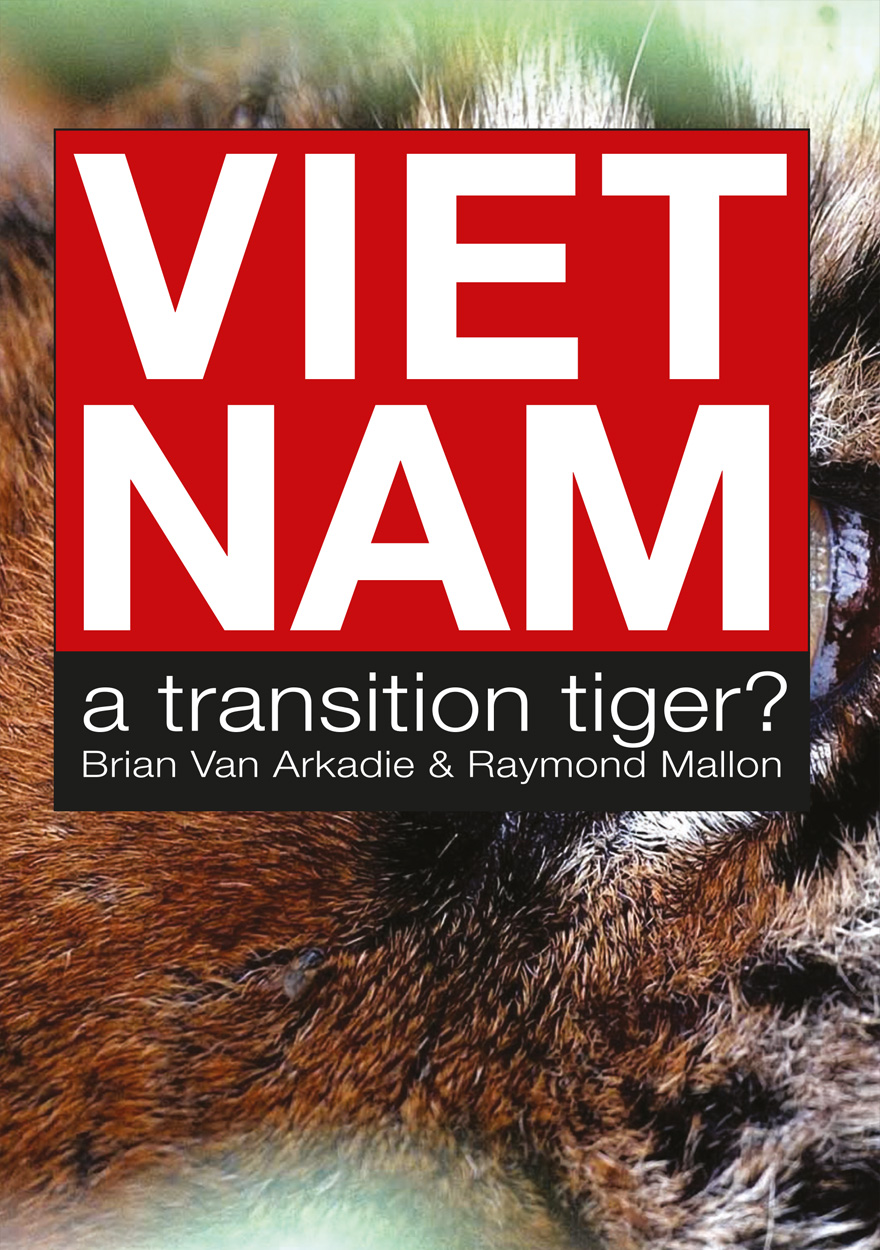
Viet Nam — a Transition Tiger? »
Authored by: Brian Van Arkadie, Raymond Mallon
Publication date: January 2004
Viet Nam has seen consistent rapid economic growth and impressive declines in poverty since it initiated its Doi Moi economic reforms in the late 1980s. Viet Nam has taken a selective, step-by-step approach to reform—an approach often criticised by proponents of the Washington Consensus. That this approach has been so successful has come as something of a surprise to much of the international community.
Analysing closely aspects of Viet Nam’s reform process, enterprise development, income growth and poverty alleviation, Viet Nam: a transition tiger? argues that Viet Nam’s remarkable development is not readily explained by the more orthodox versions of the Washington Consensus. Successful policy is not built on mechanistic replication of some general reform blueprint, but on responding pragmatically to specific national circumstances. Government policy has had an impact on economic performance but economic experience has also guided the formulation of economic policy. Faced with increasingly complex economic conditions, Vietnamese policymakers will need to rely more than ever on their flexibility and pragmatism if Viet Nam’s remarkable economic performance is to be sustained.
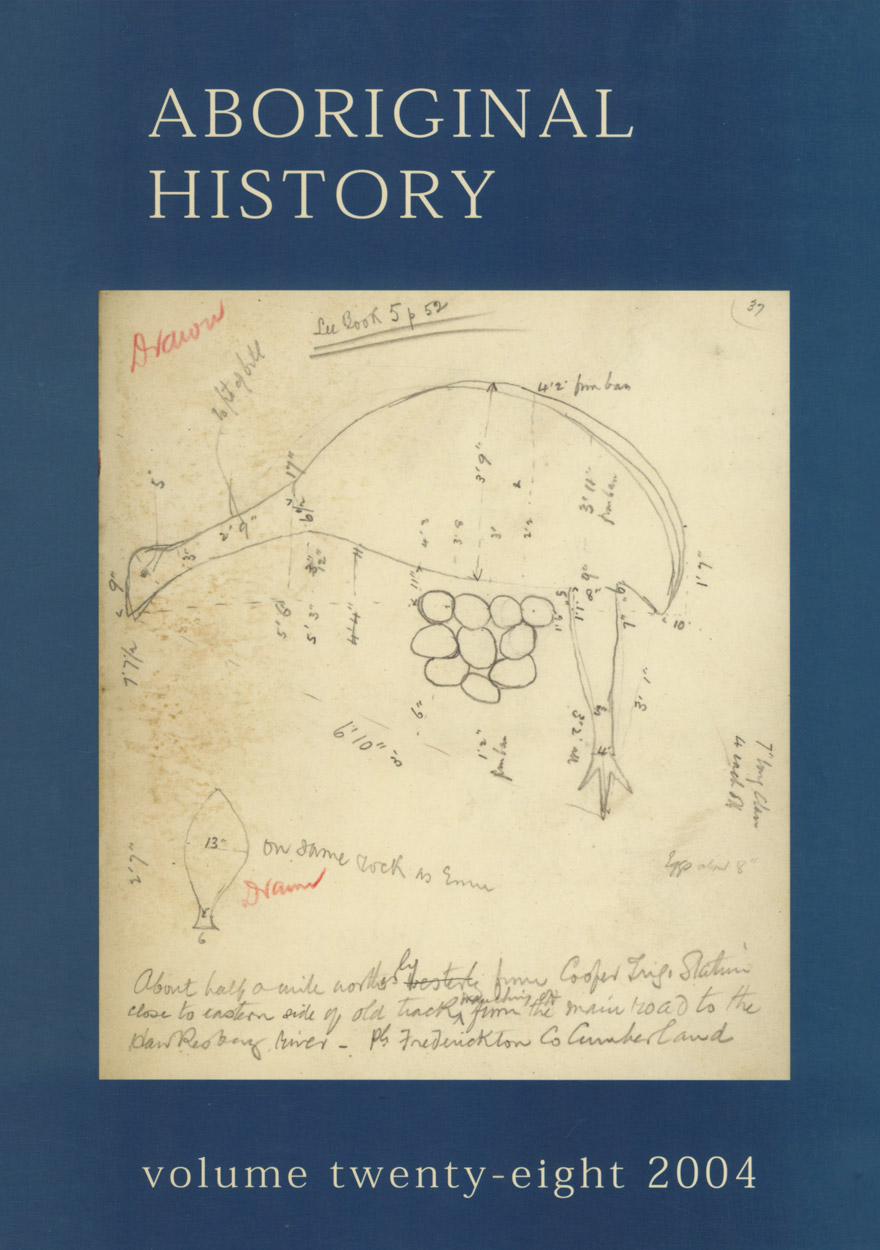
Aboriginal History Journal: Volume 28 »
Publication date: 2004
Since 1977, the journal Aboriginal History has pioneered interdisciplinary historical studies of Australian Aboriginal people’s and Torres Strait Islander’s interactions with non-Indigenous peoples. It has promoted publication of Indigenous oral traditions, biographies, languages, archival and bibliographic guides, previously unpublished manuscript accounts, critiques of current events, and research and reviews in the fields of anthropology, archaeology, sociology, linguistics, demography, law, geography and cultural, political and economic history.
Aboriginal History Inc. is a publishing organisation based in the Australian Centre for Indigenous History, Research School of Social Sciences, The Australian National University, Canberra.
For more information on Aboriginal History Inc. please visit aboriginalhistory.org.au.
Download for free
Not available for purchase
ANU Press Journals
Aboriginal History Journal »
Since 1977, the journal Aboriginal History has pioneered interdisciplinary historical studies of Australian Aboriginal people’s and Torres Strait Islander’s interactions with non-Indigenous peoples. It has promoted publication of Indigenous oral traditions, biographies, languages, archival and bibliographic guides, previously unpublished manuscript accounts, critiques of current events, and research and reviews in the fields of anthropology, archaeology, sociology, linguistics, demography, law, geography and cultural, political and economic history.
Aboriginal History Inc. is a publishing organisation based in the Australian Centre for Indigenous History, Research School of Social Sciences, The Australian National University, Canberra.
For more information on Aboriginal History Inc. please visit aboriginalhistory.org.au.
Submission details
Please send article submissions to aboriginal.history@anu.edu.au.
Articles of about 7,000 words in length (including footnotes and references) are preferred, but submissions up to 9,000 words will be considered. Please submit an electronic version of the paper (text only without embedded images or scans) in Microsoft Word or RTF format, along with a short abstract and author biography as a separate document.
ANU Historical Journal II »
The ANU Historical Journal II (ANUHJ II) is an open-access, peer-reviewed academic history journal of the ANU College of Arts and Social Sciences and the ANU College of Asia and the Pacific. It is a revival of the ANU Historical Journal, which was published between 1964 and 1987. Contributors to the first journal included academics such as Ken Inglis, Manning Clark, John Ritchie and Oliver MacDonagh along with then-emerging scholars Iain McCalman, Michael McKernan, Margaret George, Coral Bell, John Iremonger, Alastair Davidson, Susan Magarey and Rosemary Auchmuty. As well as upholding the Journal’s commitment to the work of students and early career researchers, the ANUHJ II has expanded its focus to include memoirs, short articles and long-form book reviews.
The ANUHJ II invites submissions from students, graduates and academics of any Australian university.
For more information about the ANUHJ II, please visit anuhj.com.au
Australian Journal of Biography and History »
The Australian Journal of Biography and History is an initiative of the National Centre of Biography (NCB) in the Research School of Social Sciences at The Australian National University. The NCB was established in 2008 to extend the work of the Australian Dictionary of Biography and to serve as a focus for the study of life writing in Australia, supporting innovative research and writing to the highest standards in the field, nationally and internationally. The Australian Journal of Biography and History seeks to promote the study of biography in Australia. Articles that appear in the journal are lively, engaging and provocative, and are intended to appeal to the current popular and scholarly interest in biography, memoir and autobiography. They recount interesting and telling life stories and engage critically with issues and problems in historiography and life writing.
The journal publishes peer-reviewed articles on Australian historical biography, including biographical studies, studies relating to theory and methodology, and the associated genres of autobiography, life writing, memoir, collective biography and prosopography. We are especially interested in articles that explore the way in which biography and its associated genres can illuminate themes in Australian history, including women in Australian society, family history, transnational networks and mobilities, and Indigenous history.
Submission Details
Please send article submissions or abstracts to the Editor, Dr Malcolm Allbrook, National Centre of Biography, The Australian National University. Email: Malcolm.Allbrook@anu.edu.au. Articles should be in the range of 5,000 to 8,000 words (excluding footnotes), although longer submissions may be considered after consultation with the Editor. Style and referencing: please use footnotes in Chicago style, and follow British spelling.
East Asia Forum Quarterly »
East Asia Forum Quarterly grew out of East Asia Forum (EAF) online, which has developed a reputation for providing a platform for the best in Asian analysis, research and policy comment on the Asia Pacific region in world affairs. EAFQ aims to provide a further window onto research in the leading research institutes in Asia and to provide expert comment on current developments within the region. The East Asia Forum Quarterly, like East Asia Forum online, is an initiative of the East Asia Forum (EAF) and its host organisation, the East Asian Bureau of Economic Research (EABER) in the Crawford School of Public Policy in the ANU College of Asia & the Pacific at The Australian National University.
Submission details
Unsolicited submissions to EAF are welcome. An analytic op-ed piece that is accessible to a general audience and written in crisp language is required. The preferred length of submissions is around 800 words. Submissions will be double-blind reviewed and, if accepted for publication, edited for English fluency and house style before returned for clearance by the author. EAFQ does not use footnotes but would be extremely appreciative if hyperlinks to internet sources are included wherever possible. EAFQ reserves the right to determine the title for any piece, but will not publish a piece or a title without permission. A suggested title is appreciated. If you have any further queries, or would like to submit, please contact shiro.armstrong@anu.edu.au.
Human Ecology Review »
Human Ecology Review is a semi-annual journal that publishes peer-reviewed interdisciplinary research on all aspects of human–environment interactions (Research in Human Ecology). The journal also publishes essays, discussion papers, dialogue, and commentary on special topics relevant to human ecology (Human Ecology Forum), book reviews (Contemporary Human Ecology), and letters, announcements, and other items of interest (Human Ecology Bulletin). Human Ecology Review also publishes an occasional paper series in the Philosophy of Human Ecology and Social–Environmental Sustainability.
Submission details
For information on preparing your manuscript for submission, please visit www.humanecologyreview.org. To submit a manuscript to Human Ecology Review, please visit mstracker.com/submit1.php?jc=her, or email humanecologyreviewjournal@gmail.com.
Humanities Research »
Humanities Research is a peer-reviewed, open access, annual journal that promotes outstanding innovative, interdisciplinary and multidisciplinary scholarship to advance critical knowledge about the human world and society.
The journal is co-published by the Humanities Research Centre, The Australian National University, Canberra. It was launched in 1997 and went into hiatus in 2013. In 2022, the journal is resuming publication, reflecting the continuing strength of the humanities at The Australian National University, the rapid development of the interdisciplinary, environmental and public humanities over the last decade, and the opportunities for international collaboration reflected in the resumption of international travel in 2022.
Issues are thematic with guest editors and address important and timely topics across all branches of the humanities.
International Review of Environmental History »
International Review of Environmental History takes an interdisciplinary and global approach to environmental history. It encourages scholars to think big and to tackle the challenges of writing environmental histories across different methodologies, nations, and time-scales. The journal embraces interdisciplinary, comparative and transnational methods, while still recognising the importance of locality in understanding these global processes.
The journal’s goal is to be read across disciplines, not just within history. It publishes on all thematic and geographic topics of environmental history, but especially encourage articles with perspectives focused on or developed from the southern hemisphere and the ‘global south’.
Submission details
Please send article submissions or abstracts to the Editor, Associate Professor James Beattie, Science in Society, Victoria University of Wellington, PO Box 600, Wellington 6142, New Zealand. Email: james.beattie@vuw.ac.nz.
Abstracts should be no more than 200 words, and include a list of keywords. Articles should be in the range 5,000 to 8,000 words (including footnotes), although longer submissions may be considered after consultation with the editor. Style and referencing: please use footnotes in Chicago Style, follow British spelling, and use single quotation marks only. Find out more details about Chicago Style.
Lilith: A Feminist History Journal »
Lilith: A Feminist History Journal is an annual journal that publishes articles, essays and reviews in all areas of feminist and gender history (not limited to any particular region or time period). In addition to publishing research articles on diverse aspects of gender history, Lilith is also interested in publishing feminist historiographical and methodological essays (which may be shorter in length than typical research articles). Submissions from Australian and international early career researchers and postgraduate students are particularly encouraged.
The journal first began publication in Melbourne in 1984. It is the official journal of the Australian Women’s History Network, an organisation dedicated to promoting research and writing in all fields of women’s, feminist and gender history.
For more information about Lilith, please visit www.auswhn.org.au/lilith/.
Made in China Journal »
The Made in China Journal (MIC) is a publication focusing on labour, civil society and human rights in China. It is founded on the belief that spreading awareness of the complexities and nuances underpinning socioeconomic change in contemporary Chinese society is important, especially considering how in today’s globalised world Chinese labour issues have reverberations that go well beyond national borders. MIC rests on two pillars: the conviction that today, more than ever, it is necessary to bridge the gap between the scholarly community and the general public, and the related belief that open-access publishing is necessary to ethically reappropriate academic research from commercial publishers who restrict the free circulation of ideas.
Discontinued ANU Press Journals
Agenda - A Journal of Policy Analysis and Reform »
Please note: This journal ceased publishing in 2021.
Agenda is a refereed, ECONLIT-indexed and RePEc-listed journal of the College of Business and Economics, The Australian National University. Launched in 1994, Agenda provides a forum for debate on public policy, mainly (but not exclusively) in Australia and New Zealand. It deals largely with economic issues but gives space to social and legal policy and also to the moral and philosophical foundations and implications of policy.
Submission details
Authors are invited to submit articles, notes or book reviews, but are encouraged to discuss their ideas with the Editor beforehand. All manuscripts are subject to a refereeing process. Manuscripts and editorial correspondence should be emailed to: william.coleman@anu.edu.au.
Subscribe to the Agenda Alerting service if you wish to be advised on forthcoming or new issues.
Australian Humanities Review »
Please note: This journal ceased publishing with ANU Press in 2012. Current issues are available at australianhumanitiesreview.org.
Australian Humanities Review is a peer-reviewed interdisciplinary journal featuring articles, essays and reviews focusing on a wide array of topics related to literature, culture, history and politics.
craft + design enquiry »
Please note: This journal ceased publishing in 2015.
craft + design enquiry is an open-access, peer-reviewed journal promoting and disseminating research excellence generated by and about the craft and design sector. craft + design enquiry investigates the contribution that contemporary craft and design makes to society, establishing a dialogue between craft and design practice and cultural, social and environmental concerns. It includes submissions from across the field of craft and design from artists and practitioners, curators, historians, art and cultural theorists, educationalists, museum professionals, philosophers, scientists and others with a stake in the future developments of craft and design.
ANU Student Journals
ANU Undergraduate Research Journal »
Please note: This journal is now published via the ANU Student Journals platform; the latest issues can be found here: studentjournals.anu.edu.au/index.php/aurj
The ANU Undergraduate Research Journal presents outstanding essays taken from ANU undergraduate essay submissions. The breadth and depth of the articles chosen for publication by the editorial team and reviewed by leading ANU academics demonstrates the quality and research potential of the undergraduate talent being nurtured at ANU across a diverse range of fields.
Established in 2008, AURJ was designed to give students a unique opportunity to publish their undergraduate work; it is a peer-reviewed journal managed by a team of postgraduate student editors, with guidance from the staff of the Office of the Dean of Students.
Burgmann Journal - Research Debate Opinion »
Please note: This journal is now published via the ANU Student Journals platform; the latest issues can be found here: studentjournals.anu.edu.au/index.php/burgmann
Burgmann Journal is an interdisciplinary, peer-reviewed publication of collected works of research, debate and opinion from residents and alumni of Burgmann College designed to engage and stimulate the wider community.
Cross-sections, The Bruce Hall Academic Journal »
Please note: This journal is now published via the ANU Student Journals platform; the latest issues can be found here: studentjournals.anu.edu.au/index.php/cs
Representing the combined energies of a large group of authors, editors, artists and researchers associated with Bruce Hall at the ANU, Cross-sections collects a range of works (from academic articles and essays to photography, digital art and installation artwork) that represents the disciplinary breadth and artistic vitality of the ANU.
Presenting a challenging and absorbing way for students to hone vital research skills, in the process, Cross-sections nurtures a fruitful environment of collaborative interaction between academics and students.
Medical Student Journal of Australia »
Please note: This journal ceased publishing in 2015.
The Medical Student Journal of Australia provides the medical school of The Australian National University with a platform for medical students to publish their work in a peer-reviewed journal, communicating the results of medical and health research information clearly, accurately and with appropriate discussion of any limitations or potential bias.
Merici - Ursula Hall Academic Journal »
Please note: This journal is currently not publishing any new issues.
Merici is the combined works of undergraduate authors at Ursula Hall. Merici contains research and analysis from a range of disciplines and is thoroughly reviewed by ANU academics to ensure the showcasing of the best Ursula Hall has to offer.
The Human Voyage: Undergraduate Research in Biological Anthropology »
Please note: This journal is now published via the ANU Student Journals platform; the latest issues can be found here: studentjournals.anu.edu.au/index.php/hv
The Human Voyage: Undergraduate Research in Biological Anthropology is a journal that publishes outstanding student articles in all areas of biological anthropology, including primatology, palaeoanthropology, bioarchaeology and human behavioural ecology.
While the primary goal of this journal is to publish work of the highest quality authored by undergraduate students, it will also educate students in regards to publishing in academia. All submissions will be peer-reviewed and edited by ANU academic staff.




